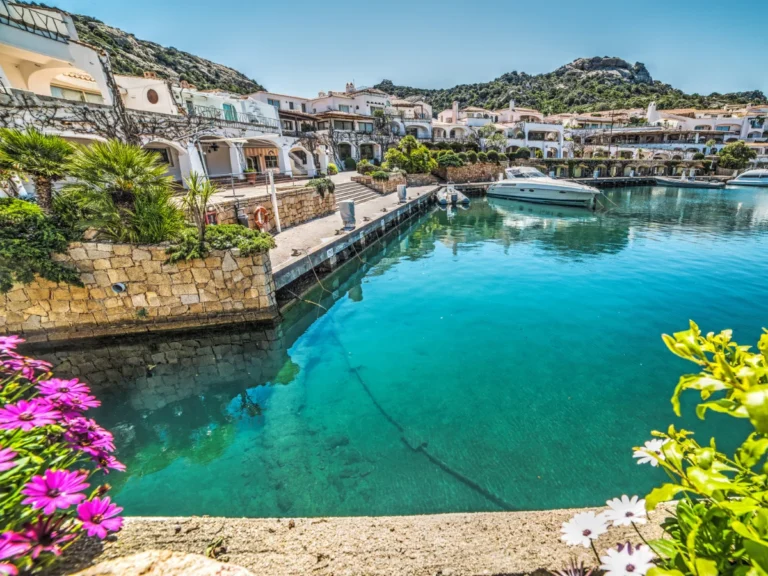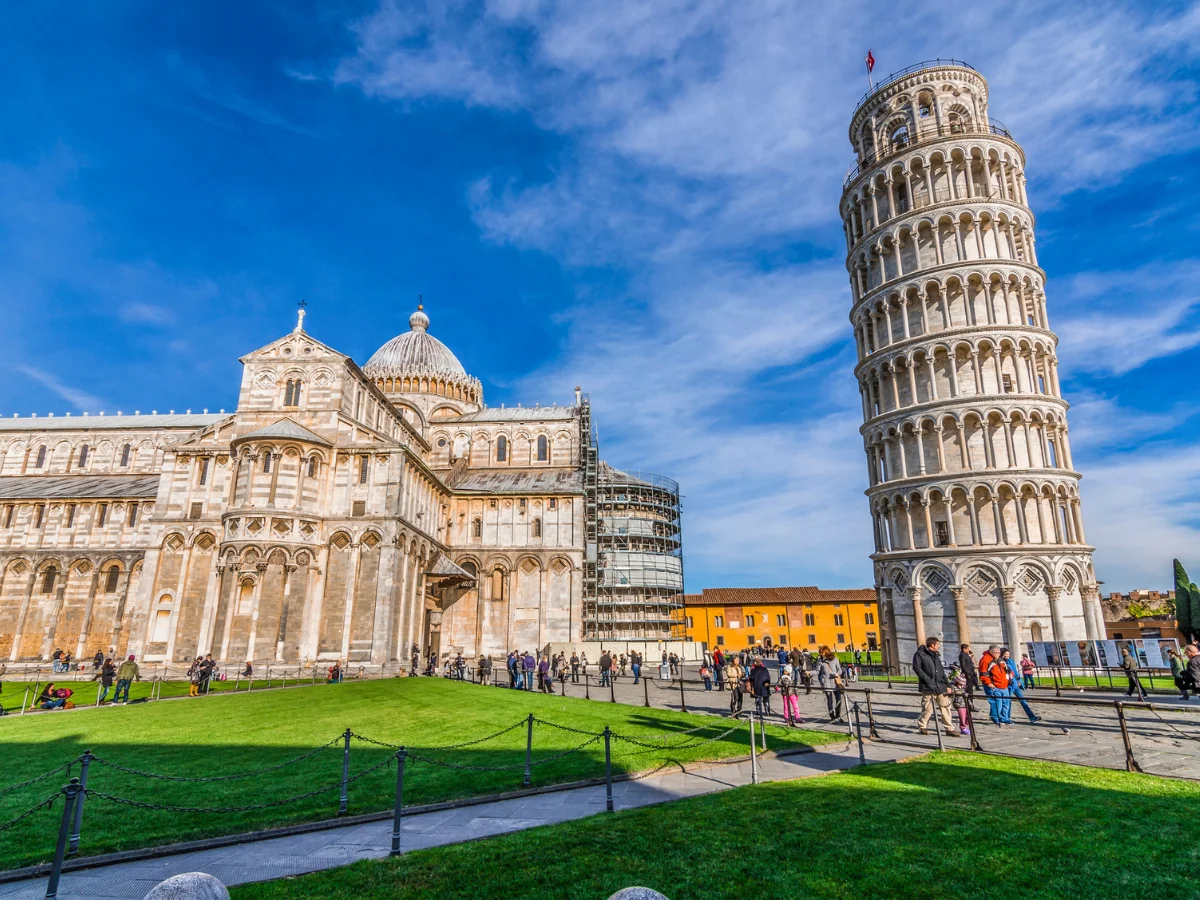Clashes between Rome and Carthage
The Punic Wars were epic clashes between Rome and Carthage, spanning over a century. These conflicts, characterized by strategic brilliance and fierce battles, shaped the course of history. Beginning with the struggle for Sicily, the wars escalated into large-scale confrontations across land and sea. Hannibal’s daring campaign through the Alps astonished Rome, leading to decisive battles like Trebia and Cannae. Rome’s resilience ultimately led to victory, culminating in the destruction of Carthage. Naval engagements played a pivotal role, showcasing Rome’s mastery of the seas.

The Clashes between Rome and Carthage
First Punic War (264–241 BC): The Clash of Naval Powers
The First Punic War marked the beginning of the intense rivalry between Rome and Carthage. It commenced with the battle of Messana, where Rome and Carthage vied for control over Sicily. Notable engagements include the naval battles of Mylae and Ecnomus, where Rome’s newfound naval prowess challenged Carthaginian dominance at sea. The war culminated in the battle of the Aegates Islands, where Rome emerged victorious, forcing Carthage to cede Sicily and pay a hefty indemnity.
Second Punic War (218–201 BC): Hannibal’s Daring Campaign
Hannibal’s audacious crossing of the Alps into Italy marked the onset of the Second Punic War. The battle of Trebia witnessed Hannibal’s tactical brilliance as he outmaneuvered and defeated Roman forces. At Lake Trasimene, Hannibal executed a surprise ambush, inflicting a heavy blow on the Romans. The pivotal clash at Cannae showcased Hannibal’s tactical masterpiece, resulting in one of Rome’s most devastating defeats. Despite initial setbacks, Rome’s resilience led to victories at the battles of Metaurus and Zama, ultimately forcing Carthage to surrender Spain and its fleet, and accept severe terms of peace.
Third Punic War (149–146 BC): The Siege of Carthage
The Third Punic War was the culmination of Rome’s determination to eradicate the threat of Carthage once and for all. The siege of Carthage witnessed relentless assaults and prolonged blockade by Roman forces. Despite fierce resistance, Carthage fell, and the city was razed to the ground, bringing an end to the Carthaginian civilization and marking the complete domination of Rome in the Mediterranean.
Naval Engagements: The Maritime Struggle
Throughout the Punic Wars, naval battles played a crucial role in determining the outcome of conflicts. Notable engagements such as the battle of Drepana and the battle of the Aegates Islands showcased Rome’s gradual mastery of naval warfare, ultimately leading to the defeat of Carthage’s formidable navy. Rome’s innovative use of the corvus, a boarding device, proved decisive in several naval encounters, enabling them to seize enemy vessels and turn the tide of battle in their favor.
Legacy: Shaping the Course of History
The Punic Wars profoundly shaped the course of history, establishing Rome as the preeminent power in the Mediterranean world. These conflicts not only demonstrated Rome’s military prowess but also showcased the resilience and determination of its people in the face of formidable adversaries. The defeat of Carthage solidified Rome’s dominance in the Western Mediterranean and laid the foundation for its eventual expansion into a vast empire that would shape the course of civilization for centuries to come.



